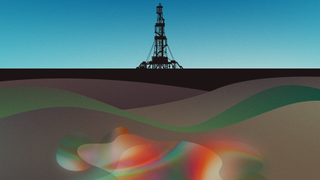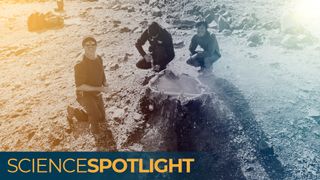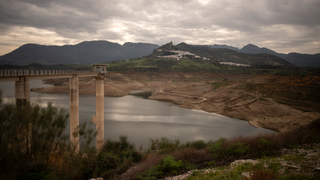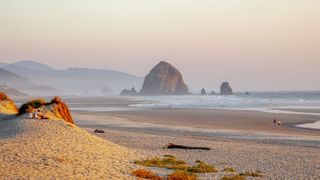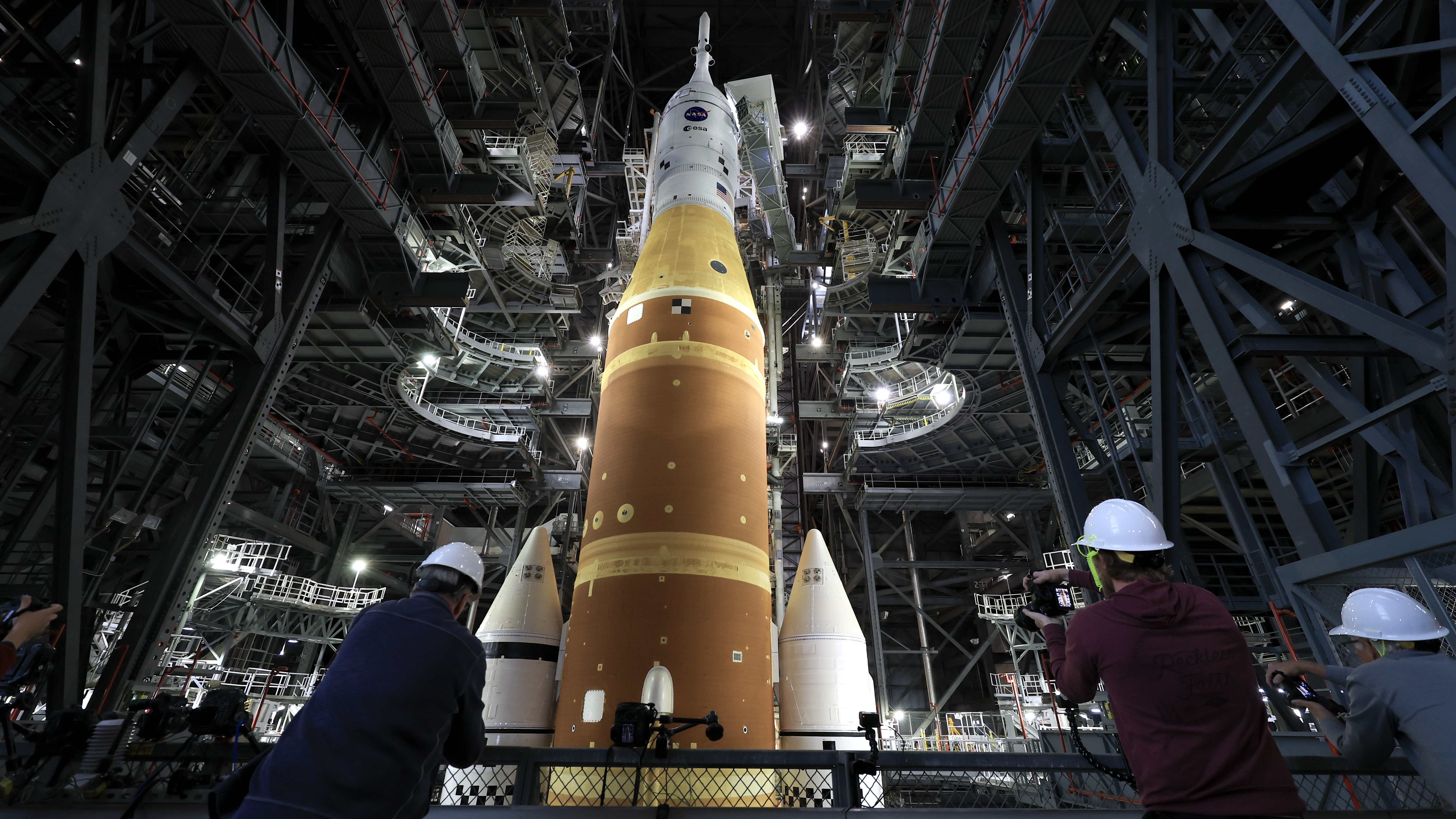Planet Earth news, feature and articles
Explore Planet Earth
Editor's Picks
Latest about Planet Earth
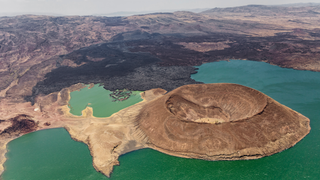
A drying climate is making East Africa pull apart faster
By Stephanie Pappas published
A switch from a humid to a dry climate has led the Eastern African Rift Zone to pull apart more freely, new research finds.
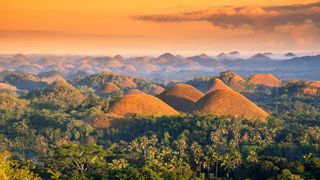
Chocolate Hills: The color-changing mounds in the Philippines that inspired legends of mud-slinging giants
By Sascha Pare published
The Chocolate Hills are 1,776 mounds on Bohol Island in the Philippines where grassy cover turns brown during the dry season.
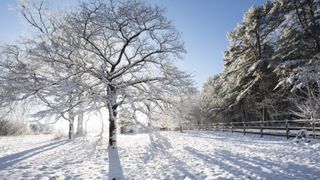
Arctic blast probably won't cause trees to explode in the cold — but here's what happens if and when they do go boom
By Patrick Pester published
An exploding tree claim has gone viral as the U.S. brace for an Arctic blast that will send temperatures plunging, triggering a massive and long-lasting winter storm.
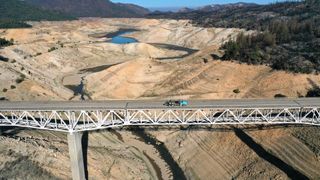
Californians have been using far less water than suppliers estimated — what does this mean for the state?
By Chris Simms published
Flawed assumptions about water demand mean suppliers in California overestimated future demand by an average of 74% over 20 years — positive news for the drought-embattled state.

Enormous freshwater reservoir discovered off the East Coast may be 20,000 years old and big enough to supply NYC for 800 years
By Sascha Pare published
An expedition off the coast of Massachusetts has confirmed the existence of a freshwater reservoir beneath the seafloor. Now, scientists are starting to understand when and how it formed.
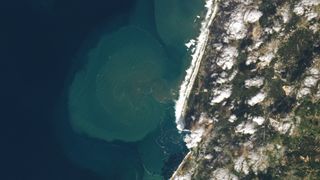
Giant underwater plumes triggered by 7-story waves at Nazaré captured off Portuguese coast
By Harry Baker published
Earth from space A 2020 satellite photo shows the immense power of 7-story waves crashing along the Portuguese coast. Later the same day, a surfer rode a 101-foot-tall wave at Nazaré, setting a new world record.
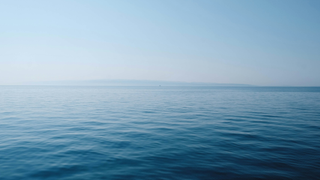
Last year, the oceans absorbed a record-breaking amount of heat — equivalent to 12 Hiroshima bombs exploding every second
By Eos.org, Grace van Deelen published
In 2025, the ocean absorbed an extra 23 zettajoules of heat energy in 2025, breaking the ocean heat content record for the ninth consecutive year.
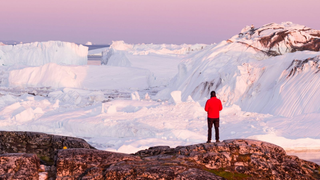
'The scientific cost would be severe': A Trump Greenland takeover would put climate research at risk
By Martin Siegert published
Trump's calls for a takeover of Greenland puts open scientific collaboration that is helping our understanding of the threat of global sea-level rise at risk.
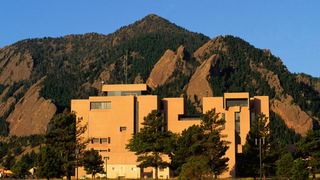
Forced closure of premier US weather-modeling institute could endanger millions of Americans
By Jane Palmer published
From high-wind forecasts and wildfire behavior to floods, aviation hazards, air quality and space weather, science developed at the National Center for Atmospheric Research informs decisions that aim to reduce risk.
Get the world’s most fascinating discoveries delivered straight to your inbox.
 Live Science Plus
Live Science Plus





